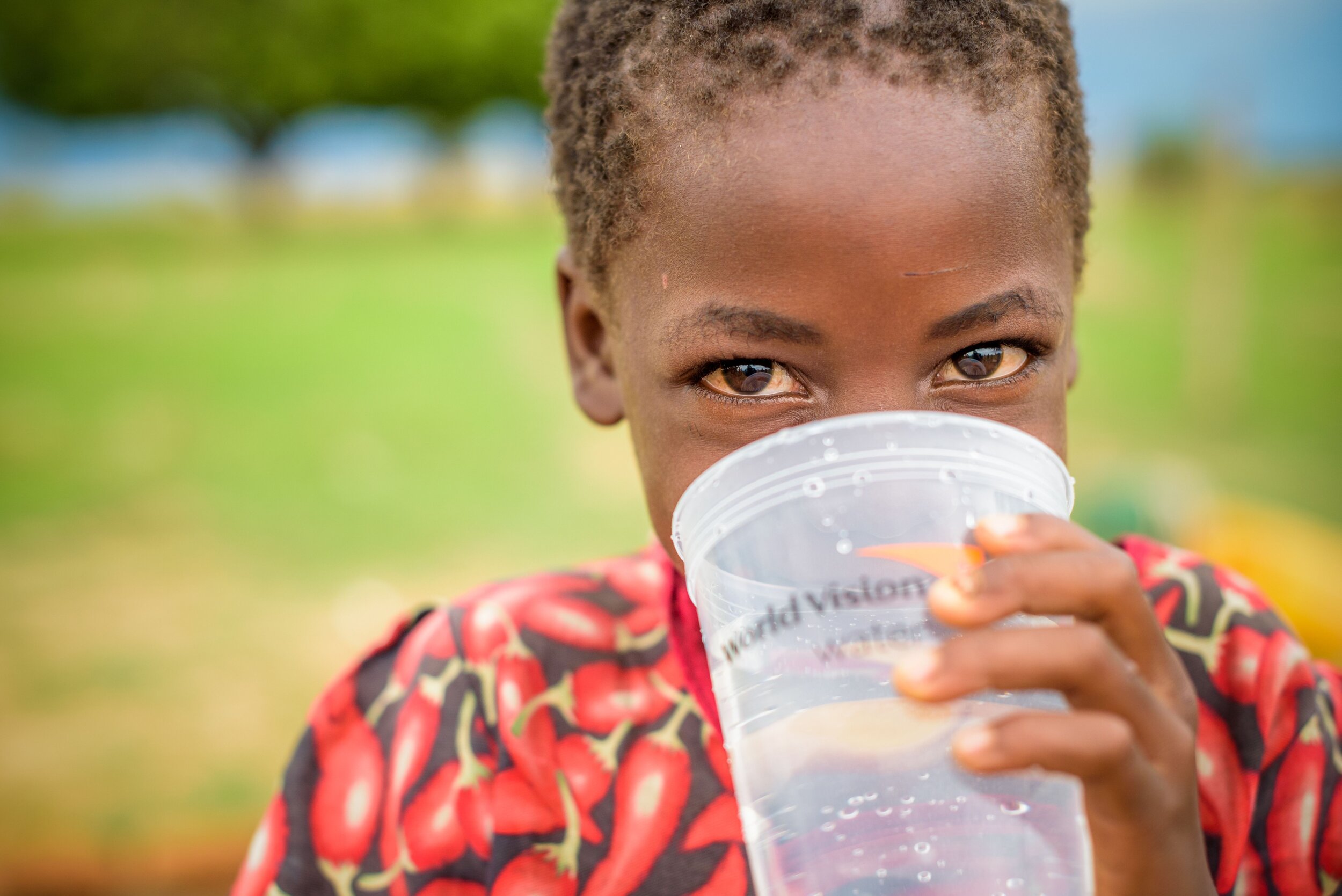The Millennial Pastor Blog Post
*** Guidelines and public health orders for opening up churches are sometimes hard to follow as the long lists can make your mind go numb. The following is a way of trying to put the guidelines in narrative context, to help picture what “going back to church” might look like in these COVID-19 days. ***
It’s been months of isolation, months of mostly staying home to stop the spread of COVID-19. But active cases are going down (or maybe not), and politicians and business leaders are worried about the economic impact of social distancing. And so, for a few weeks now, things have been opening up. Playgrounds and hair salons, dentists and restaurant patios are letting people come back.
And things seem to be going well enough, so the government announces the next phase of opening, which includes increased gathering sizes. And one of the places you have been missing the most, your church, sends out an email telling you that they are going to re-open for an in-person service on Sunday.
You heard from a friend that your Pastor was against it, but enough folks were pressuring the council because of freedom of religion, people are getting tired of staying home and surely church should be a safe place right? Plus you are missing your friends, the folks you love to see on Sunday mornings, the other couples that you often go for brunch with following worship.
Finally, the big day comes, you wake up excited to get back to this important part of your life, to something that feels little bit like normal, seeing familiar faces, hearing familiar music, being in familiar community.
You hop in the car with your spouse and make the well worn drive to church. You notice that the streets are even deader than usual for a Sunday morning.
When you arrive at church there are few cars parked around building. You go to your normal parking spot, just down a side street, half a block from the church.
You start walking up to the building, but before you get too close, a masked volunteer stops you. They are standing on the side walk.
“Please stay there.” they stop you about 6 feet away from where they are standing.
Okay… you think you know who this is, but they have a mask on their face and you aren’t totally sure.
“Have you had any of the following symptoms recently: Cough, fever, body aches, difficulty breathing?”
“No, not that I know of,” you say.
“Are you over the age of 65 or have underlying health conditions?”
“No,” you say.
Technically, you and your spouse are 67 and you take blood pressure meds. But it’s no big deal.
“Have you been travelling recently, or spent any time with someone who has travelled recently?”
“No,” you answer again.
You don’t mention the socially distanced backyard BBQ you had with your neighbours the other night, including one neighbour who is a long haul trucker.
“Have you been in contact with anyone who has been exposed to COVID-19, such as health-care workers?”
“I don’t think so,” you murmur.
The babysitting you do for your son and daughter-in-law, who is a care-home nurse, doesn’t count. Family doesn’t count, right?
“Please maintain social distance while you wait in line here.”
The volunteer gestures ahead, where you see a few dozen folks lined up – all space out according to markers along the side walk.
Usually when you arrive at church, you come early to visit with folks before the service, but as you stand in line, people just whisper amongst households. Even though you can see many familiar faces ahead, you cannot help but feel suspicion and fear when you look at the others. You try to shake the feeling, but this pandemic world has affected you more than you want to admit.
Another couple lines up behind you and then you hear the masked volunteer turn another family away.
“Sorry, we are at the max group size we are allowed. Maybe try again next week.”
The church stays closed right up until the time of the service. Then finally with 5 minutes to go, the door opens and households begin entering, one at a time. Another masked volunteer is letting people in.
Slowly, you shuffle up to the door. When it gets to your turn, the volunteer waves you in. There are two surgical masks and some hand sanitizer laid out on a table.
“Please clean your hands and then put these masks on.”
You comply.
“Please follow the taped line to pew number 23 and take your seat. Please don’t stop to talk to anyone, and please remain seated for the duration of the service.”
You follow the taped line into the sanctuary, everyone is sitting down in space-out pews by household. The church is eerily quiet, kind of a like a funeral with a masked pianist playing quietly.
Finally when everyone is inside, the doors to the church are closed.
Instead of processing in from the back, where the pastor is usually visiting with people before church, the pastor slips in from the front of the church through a side door. The pastor then greets you from behind a mask… which makes them hard to understand. The pastor then explains that there will be no singing in worship, and no praying together or communal responses to the liturgy. You then notice there are no hymnbooks, offering envelopes or welcome cards in the pews. They are just empty. You also didn’t get a bulletin on the way in.
Listening to the pastor, they don’t sound like their normal self… forced, stressed, tense? You can’t quite put your finger on it.
The pastor then goes and stands in front of a phone on a tripod at the front of church and starts talking to it, welcoming all the people worshipping online. The pastor explains where the bulletin can be found on the Facebook page, how to share the peace and greet others also watching online. Then the pastor picks up the tripod turns it around and asks you to wave at the phone… which feels pretty silly and weird.
Worship begins.
The pianist plays the hymns, but no one can sing. So you just sit and listen. It felt awkward to sing along with the hymns at home, but this feels even more strange.
The pastor then begins worship, and every time you want to say “And also with you” or “Amen” you have to stop yourself. Instead, there is just silence while the pastor imagines how long it would take the folks watching online to give the responses.
The first masked volunteer goes to a mic and music stand on the other side of chancel to read the lessons. You can’t say join in the psalm responsively, so again you just sit quietly and listen.
Finally it comes time for the sermon. The pastor preaches about Pentecost and the coming of the Holy Spirit, encouraging you (but mostly the folks at home) to keep the faith. The pastor says that the time will come when the spirit will send us out into the world – but that time isn’t quite yet. And that even though we are apart, the spirit ties us together into one.
It doesn’t really feel like the pastor is preaching to you, but mostly to the those still at home.
After listening to the hymn of the day, the creed and the prayers, it comes time for the peace.
The pastor offers the peace, but tells you that today it has to be virtual sharing only. The pastor uses their iPad to share with the folks online, and talks a bit to the phone again saying hello to people watching at home and commenting.
Then it comes time for communion. Something you have missed for months now.
The pastor puts on a face shield and changes their mask before the Thanksgiving at the Table. You notice that they don’t lift the bread or the wine. After the Lord’s prayer, which you say along with the pastor in your head, one of the masked volunteers steps up to the mic to instruct you on how to receive communion.
And household by household you go forward. There is only bread to receive today. You have to hand sanitize again at the front. The pastor is using a set of kitchen tongs to put the wafers in the hands of each person.
“The bread of Christ given for you.” you hear from behind mask and shield.
This is not like communion you have ever received before. You aren’t allowed to eat until the pastor has moved away, and then after you put the wafer in your mouth, you have to hand sanitize again (also knowing that pulling off your mask has compromised it, because your daughter-in-law gave you a lecture in mask wearing).
The service concludes with another hymn that you listen to, a blessing and some announcements.
And then just like you came in, you have to follow the tape straight out of the building, one household at a time. The pastor isn’t greeting people on the way out, in fact there is no one. Just the the voice of the masked volunteer in the PA system announcing pew numbers. There are signs that tell you to leave the church straight away, no lingering.
You walk back to your car with your spouse.
You get in for the drive home.
You have no idea what you just experienced. You were at church, there were other people there, there were hymns and prayers, the pastor preached, you received communion (kind of)… but that wasn’t church, and it certainly wasn’t what you imagined when you thought of things opening back up again….
You drive home in silence… realizing that just maybe the world has changed more than you figured before now.
It might take some time to get used to this.
+++
Three days later you get a text from your neighbour, one of the ones you have had a few socially distant BBQs with.
“You are going to get a call from the public health nurse,” it reads.
“I am so sorry.”
A few minutes later the phone rings.
“Hi, I am calling from your local public health agency. I am calling you today as a part of COVID-19 contact tracing.”
Your heart drops and the nurse’s voice starts to sound like the teacher from Charlie Brown. You make out something about a testing appointment, the nurses gives you a time, date and address.
Then the nurse says, “I am going to need to you to tell me all the people you might have come into contact with in the past two weeks. Especially, any groups in indoor spaces for prolonged periods of time, like doctor’s offices or someone else’s home, or maybe a church…”











